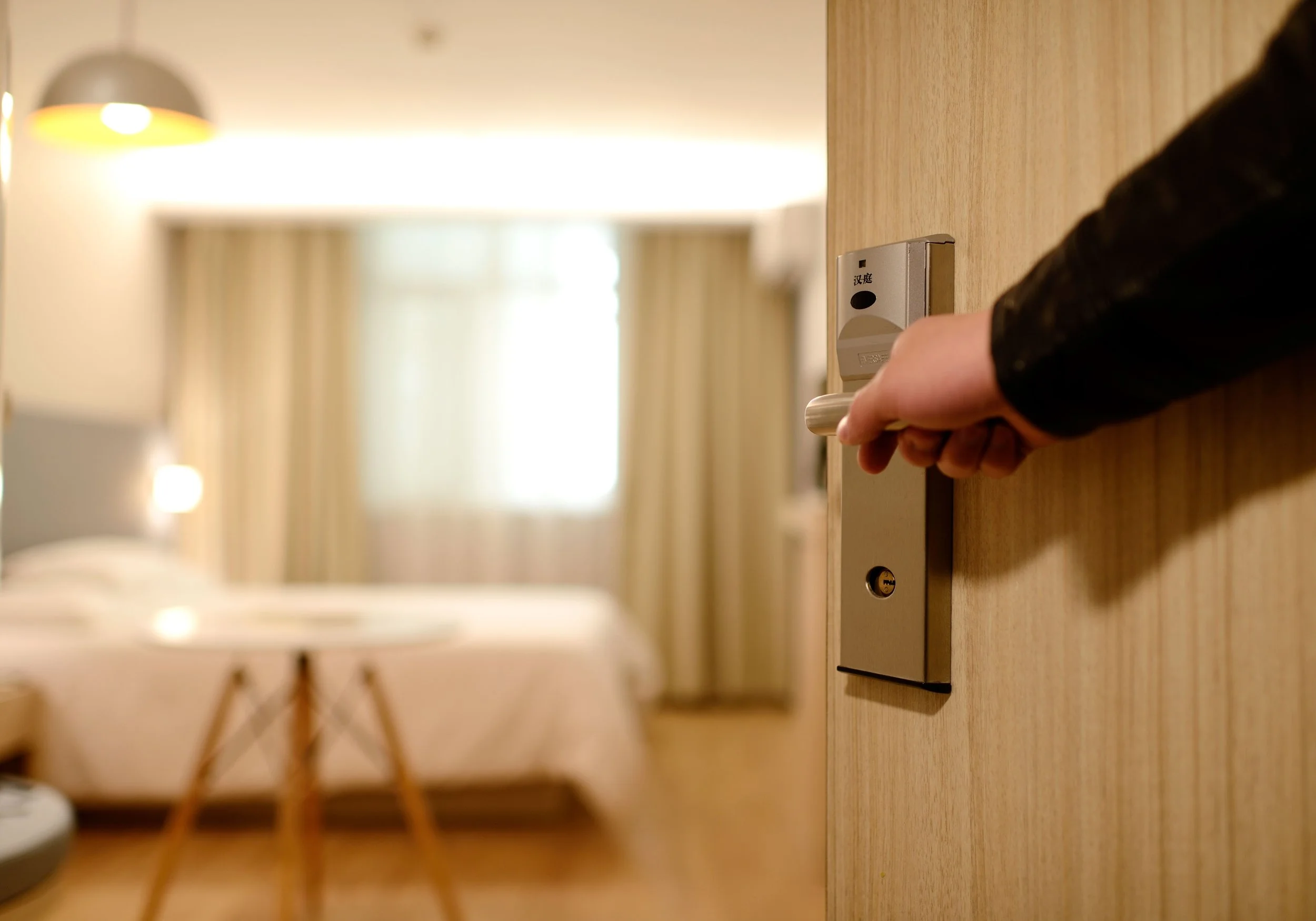Hospitality is what we call our industry, it’s the art that we practice, it’s the reason why we follow a career in service to others. While it is all of these things, it can still be very difficult to explain if you are not in the middle of it on a daily basis. How do we practice it, how do we teach it, and how do we communicate it in order to have the maximum impact on those around us? Ultimately, how are we using the principles and concepts of Hospitality to help our business units to be successful? And do you have to be a five-star property in order to foster a culture of Hospitality?
The textbook definitions of hospitality all focus on the treatment, or service that is provided to others. However, true hospitality is much more than simply providing services, and this is where the definition and the reality can sometimes become murky. For example, how do we teach hospitality? Is it as straightforward as “serve from the left, clear from the right?” Shouldn’t there be more than this?
Of course the answer is “yes!” Our responsibility as hospitality industry leaders is to impart our knowledge and our experience upon those around us, employees and customers alike. But because of the fact that hospitality is difficult to define beyond the basic standards of service referred to above, it becomes difficult to execute against this responsibility. This is where the importance of a hospitality “culture” becomes so important.
In a true hospitality culture, employees and colleagues alike practice the principles of hospitality because these principles are part of their being, not because they have been trained to do so. Anyone can smile, anyone can use the customer’s name, anyone can say “is there anything else that I can get for you?” That willingness to go further, to scoop up that random piece of paper from the floor, to stick one’s arm into the closing elevator doors to let one more person squeeze on, these are actions more typical of someone who has been immersed in a hospitality culture. It is our perspective that, while there will always be textbook definitions of Hospitality, one of Hospitality’s greatest characteristics is the fact that it is inherently flexible. The fact that we opened the door for a guest is not, of itself, Hospitality. How we opened that door for that guest is where true Hospitality enters the equation.
We recently spoke with a class of Hospitality students about what the future holds for our industry, and for aspiring Hospitality leaders. One student’s perspective caused us to give thought about the potential for Hospitality to have a significant impact on certain service-level segments of our industry more than others. For example, could Hospitality be more of a “relevant” concept in full-service or luxury properties than select-service or economy properties? The knee-jerk answer to this question would likely be “yes,” but this is where the plot thickens.
Here’s the point; if Hospitality is truly a culture in your building, the facts that you have a spa or don’t, have a Club Lounge or don’t, have a Fitness Center or don’t, are largely irrelevant. Hospitality is not about a property’s star or diamond rating. Hospitality is about a property’s core--its people. Hospitality starts with the right people, and it is cultivated by leadership’s focus on supporting those people’s efforts to authentically engage and interact with the guest. Perhaps most difficult about this is not leadership’s ability or willingness to train such engagement and interaction, but rather to seek out and hire people that will—and more importantly, want to-- engage and interact without formal training. The most genuine culture of Hospitality exists in an environment where all colleagues truly believe in the concept, and are not simply responding to something that they have been taught. This is our challenge; it is incumbent upon the leaders of our business units at all levels to be relentless in their search for the right Hospitality employees at all levels of our operations. With the right people in place, our leadership must then empower colleagues and associates to proactively practice Hospitality with all guests and employees alike, in the interest of making all experiences with us richer, more satisfying, and ultimately more rewarding for everyone.

